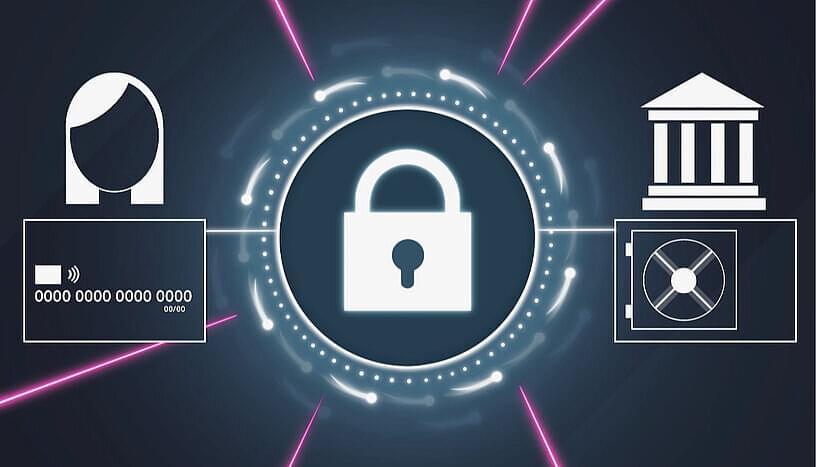Have you ever been compelled to enter sensitive payment data on the website of an unknown merchant? Would you be willing to consign your credit card data or passwords to untrustworthy hands? Scientists from the University of Vienna have now designed an unconditionally secure system for shopping in such settings, combining modern cryptographic techniques with the fundamental properties of quantum light. The demonstration of such “quantum-digital payments” in a realistic environment has been published in Nature Communications.
Digital payments have replaced physical banknotes in many aspects of our daily lives. Similar to banknotes, they should be easy to use, unique, tamper-resistant and untraceable, but additionally withstand digital attackers and data breaches.
In today’s payment ecosystem, customers’ sensitive data is substituted by sequences of random numbers, and the uniqueness of each transaction is secured by a classical cryptographic method or code. However, adversaries and merchants with powerful computational resources can crack these codes and recover the customers’ private data, and for example, make payments in their name.







